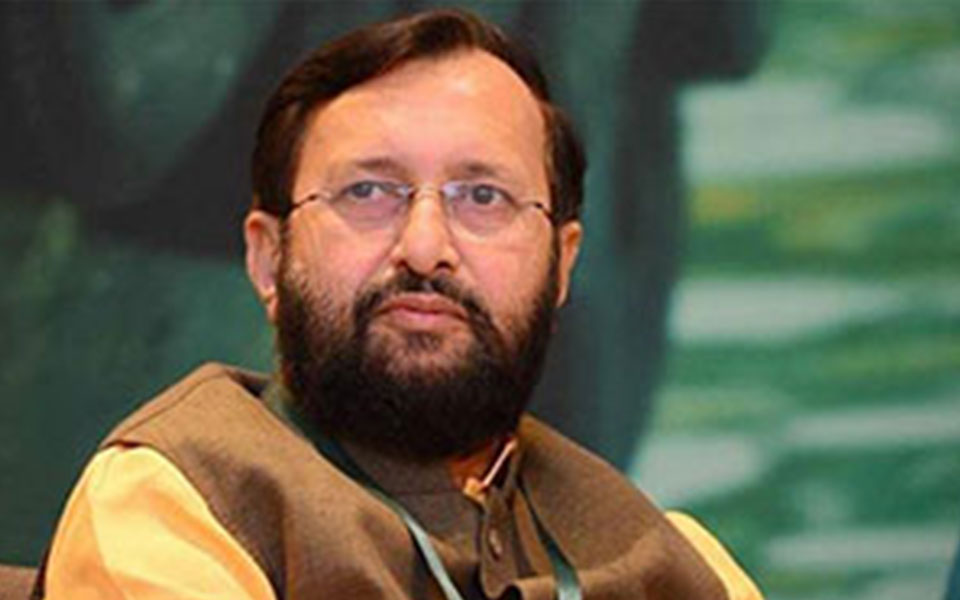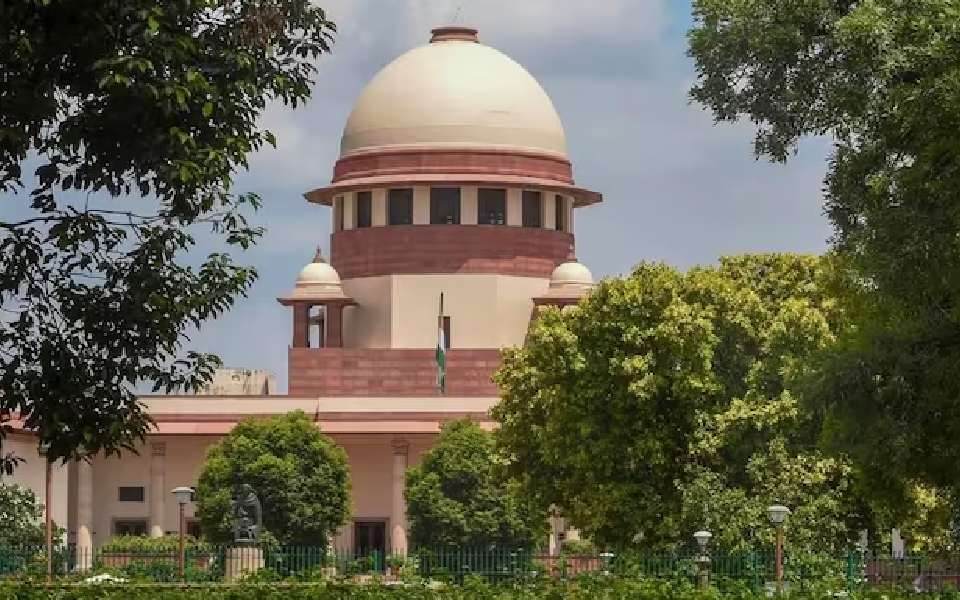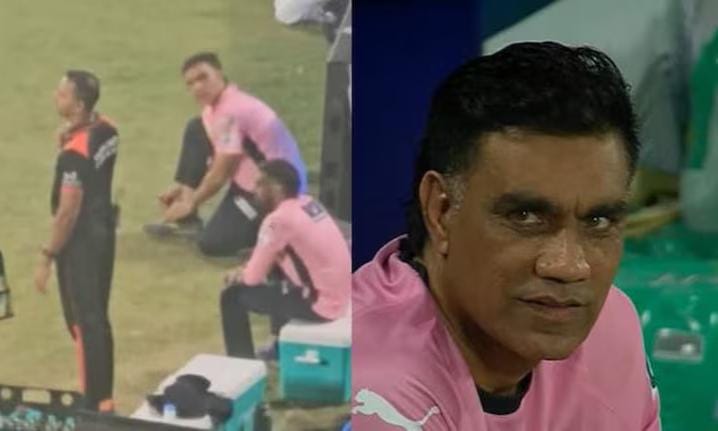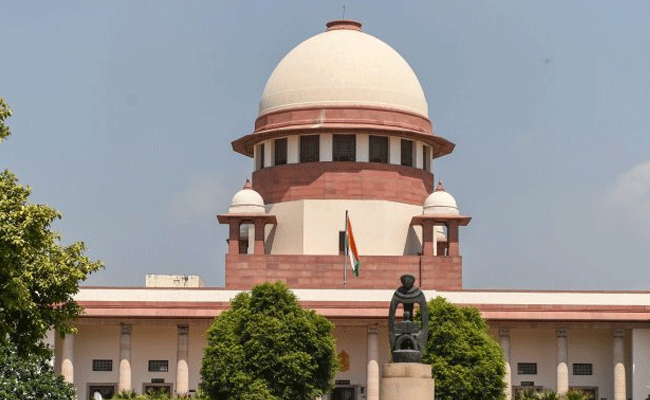New Delhi, June 18: The Central Teacher Eligibility Test (CTET) will be held in 20 languages, including Tamil, Union Human Resource Development Minister Prakash Javadekar said on Monday.
"The CTET examination will be conducted in all Indian languages as was being conducted earlier. I have already directed the CBSE to conduct examination in all the 20 languages," Javadekar said in a tweet.
"The CTET examination will be held in English, Hindi, Assamese, Bangla, Garo, Gujarati, Kannada, Khasi, Malyalam, Manipuri, Marathi, Mizo, Nepali, Oriya, Punjabi, Sanskrit, Tamil, Telugu, Tibetan and Urdu," he said in another tweet.
DMK leader Kanimozhi had taken to the same platform earlier in the day to condemn the CBSE's decision -- retracted now -- of dropping Tamil along with many other languages in which the exam is to be conducted.
"The decision to drop Tamil and 16 other regional languages from CTET is highly condemnable and strikes at the root of federalism. Students of CBSE whose mother tongue is Tamil will be put to a great disadvantage without teachers.
"Students are forced to study Hindi and Sanskrit instead of their mother tongue. This will lead to another language struggle throughout the country. This is another of BJP's efforts to make a Hindi-Hindu Hindustan," she wrote.
A CTET qualified teacher is eligible to be hired at schools of the Central government (KVS, NVS, Central Tibetan Schools and others) and schools under the administrative control of the Union Territories, and also private schools, if they choose to consider it as an eligibility criterion.
Candidates can apply for the exam online between June 22 and July 17. The test will be held on September 16.
Let the Truth be known. If you read VB and like VB, please be a VB Supporter and Help us deliver the Truth to one and all.
New Delhi: The Supreme Court on Thursday stayed key provisions of the Waqf (Amendment) Act, 2025, including the controversial removal of the 'waqf by user' clause, until the next hearing scheduled for May 5. The court also directed that no appointments be made to Waqf Boards or the Central Waqf Council in the interim.
The decision came while hearing petitions challenging the constitutional validity of the amended Waqf Act. Petitioners argued that the new law alters the fundamental character of waqf properties and religious administration.
The amended Act also introduced a change in the composition of Waqf Boards by mandating the inclusion of non-Muslim members—a provision that has attracted significant criticism from community leaders and religious bodies.
During the proceedings, the Centre assured the bench that it would refrain from making any appointments to the Waqf Boards or Council until further orders from the court.
The matter will now be taken up again by the Supreme Court on May 5.




